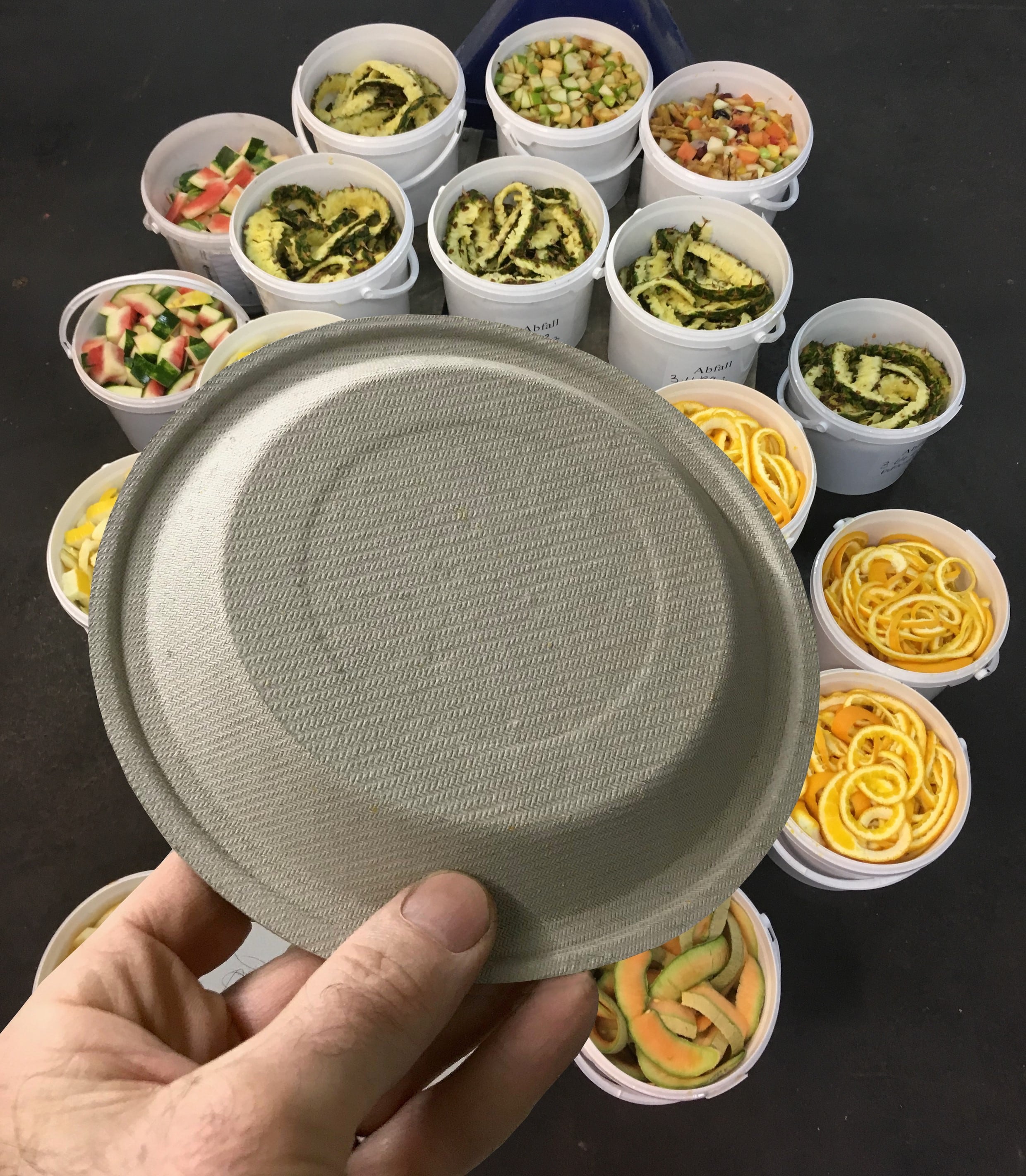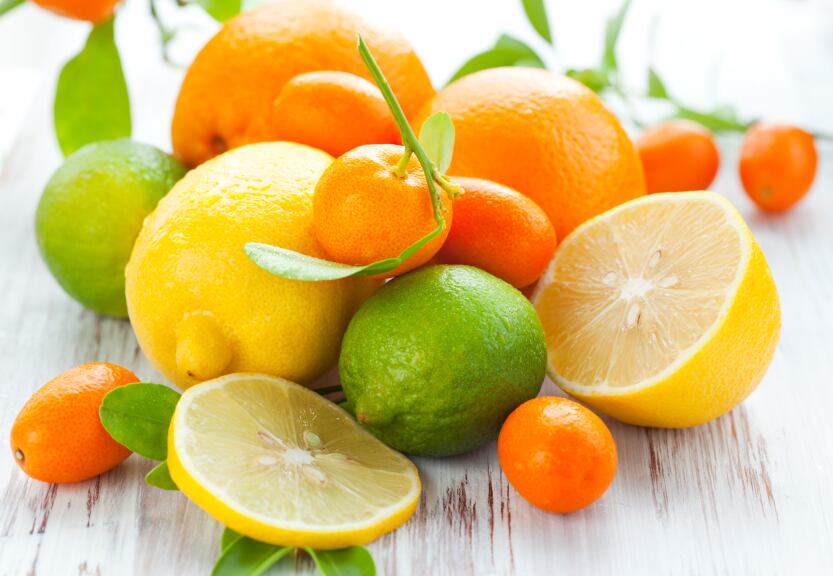Zelfo Technology was founded in 2011. The German fibre engineering group uses patent-protected technology to produce self-binding fibre for bio-binders, reinforcing agents, pulp formed products and composites.
Now, Zelfo is turning its expertise to the problem of food waste. In partnership with food makers in Europe, Zelfo believes it has developed some novel solutions to bring fruit industry residuals into the circular economy model.
“It is Zefo Technology’s mission to give a second life to many agro-residues and by-products. Food waste or residues are clearly part of this story. This has been further spurred by the recent innovations from ZT on derivatives, as we believe some fruit extracts could be very valuable for both food, cosmetics and bio-chemical industries,” Zelfo CEO Richard Hurding told FoodNavigator.
Up-cycling fruit side-streams
The group has teamed up with Mirontell, a significant player in Germany’s fresh cut fruit market, to look at how materials such as skins, cores and pulp can be used. The result is a series of products for use in the food, materials and energy industries, the company revealed.
Zelfo and Mirontell were introduced to each other in 2017 at a BioEconomy Event in Potsdam, which had been organised by the Industry Promotional Agency for Berlin and Brandenburg (WFBB).

Mirontell is at the “front end” of food waste, producing a relatively high level of non-income generating “residual” materials.
Post-harvest and production related waste is a “significant problem” for the fruit industry. Currently in Europe, the majority of these by-products are either used for cattle feed or sent to landfill, which can result in nutrient imbalances, algae growth and loss of oxygen in acquatic environments.
Zelfo saw an opportunity to expand its efforts to develop the sustainable materials sector.
“The products targeted will most likely be 3D formed containers or tray forms for use as packaging or food related purposes,” Hurding explained. “The ideal for us would be [to develop] food-based products related to the fruit waste we are working with.”
The primary ‘end use’ opportunities are based on fibre engineering and include adding new properties to pulp formed products and producing panels for interior and furniture construction.
Derivatives are seen as the key parallel offer. This is “not surprising” as a whole list of previously discarded properties exist in these residuals, including organic matter, phytochemicals, and compounds with nutraceutical properties, Zelfo found. Furthermore there is often significant presence of cellulose, hemicellulose, pectin, minerals, vitamins, and - sometimes useful - low lignin content.
These advances represent a double win: they are good for the environment and can bolster profitability by opening up an un-tapped revenue stream and increasing efficiency. Mirontell is now itself looking for bio-based packaging solutions utilising their waste stream.
“The benefits in regards to the bottom line as well as the sustainability message are priceless. We look forward to supporting Zelfo Technology in this journey and to benefiting from the rewards as and when commercial products emerge,” said Robert Leuendorf, Lean-Production Manager at Mirontell
Expanding collaboration
Zelfo and Mirontell believe that their efforts have been “vindicated” - and not only because of the additional revenue streams starting to be created and valorised.
The companies are now being joined by further industry partners: a big benefit because it cuts R&D time, identifies target properties faster and focuses expertise on process optimisation.
Zelfo has identified plenty of room to expand the use of its technology and change the industry paradigm. Currently, on a global level the company believes 10–60% of the total weight of the fresh produce is so-called ‘residual’ unused components.
In particular, the company believes its solution could be particularly appropriate to fruit processors in the developing world, where packaging and building materials are in high demand and the energy generating potential of the derivatives of “certain fruit types” could be an important “business and socioeconomic path”.
Zelfo is now looking for additional partners to work with.
“Our concept of investment partner is, for example, a fruit products company looking to valorise their residuals. The company should be willing to invest in the mapping out of the properties resulting from each residuals stream. The greater the understanding of the full ‘derivatives package’, the more targeted the route to market,” Hurding said. He estimated that the cash needed to map out these properties would total around €500,000.
The group is already working with an unnamed “major European food maker”, again developing solutions to re-purpose fruit residues. Hurding said that confidentiality agreements mean he is unable to provide further details but he expects to have a finished product ready to begin full production in six months to one year.

